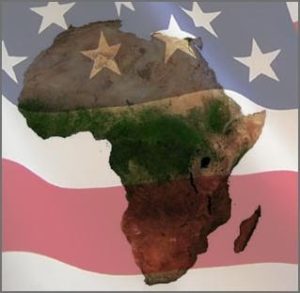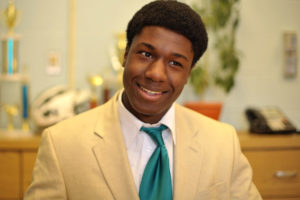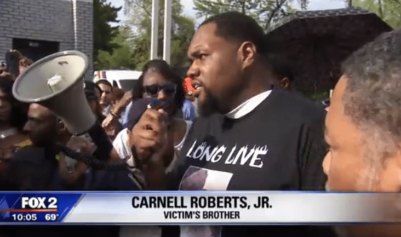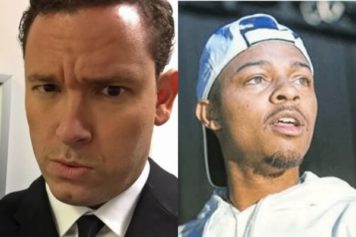
When the remarkable first-generation Ghanian-American student, Kwasi Enin, was accepted into all eight Ivy League schools, that comment was part of the explanation IvyWise CEO Katherine Cohen offered on why Enin stood out.
Cohen also noted that Enin is ranked in the top 2 percent of his class, has musical talents and incredible standardized testing scores. But the idea that Enin is not a “typical African-American kid” is what seemed to be highlighted.
While Cohen didn’t make the comment to suggest that the “typical African-American kid” is lazy, that is exactly how the statement is being received by some people, according to The Wire,and it’s adding to the pre-existing tensions between African-Americans and African immigrants in the United States.
The general stereotypes are that African-Americans are lazy and complacent. They have nobody but themselves to blame for massive educational and socio-economical gaps that have placed African-American children at a severe disadvantage.
African immigrants, on the other hand, are destined for success, so the stereotype goes. They appreciate hard work and family values all while their families are back home swinging through dense forests in nothing but loincloths and sleeping in small huts.
The tensions derive from years of misunderstandings, stereotypes perpetuated by mainstream media, and a lack of an open and honest discussion on the relationships between African-Americans and Africans.
Nigerian-born immigrant and blogger Luvvie Ajayi took to Twitter to discuss the tension between African-Americans and African immigrants back in January, when she tried to explain the word “akata.”
The word is used by many Nigerians to refer to Black Americans. However, the word actually translates to “wild animal.”
“The word epitomizes the terrible stereotypes that Africans have about African-Americans. But many young Africans don’t know what it MEANS,” Luvvie explained. “They use it because they’ve heard it being used so casually that many don’t know that it’s derogatory. Passed down prejudice.”
Luvvie explained that many Africans who come to the U.S. are not educated on the history of slavery and how in America there’s still “400 years of damage folks still gotta fix.”
“But I want Black folks in the U.S. not to hate us for the ignorance we carry,” Luvvie tweeted. “It’s from our lack of knowing. Teach us.”
Gerald A. Montgomery of AtlanticRock.com says there is ignorance on the other side as well.
According to Montgomery, some African-Americans view African immigrants as “pompous peacocks,” who are “enjoying the freedoms of earlier generations of so-called Negroes” who were “fire-hosed, jailed, even lynched” for the opportunities that Africans in America now benefit from. Those views are just as ignorant, he maintains.
The discussion of the divide between Africans and African-Americans is certainly nothing new. In 2009, the president of the U.S. African Chamber of Commerce, Martin Mohammed, talked to CNN about the cultural differences between both groups.
Mohammed explained that despite the differences in the history of both cultures, neither reigns superior to the other.
“Honestly, what we need to do is realize both cultures are important,” he told CNN.
However, regardless of which country or continent someone calls their home, it is important that Enin, and all other Black people achieving great things, are equally recognized and celebrated.



